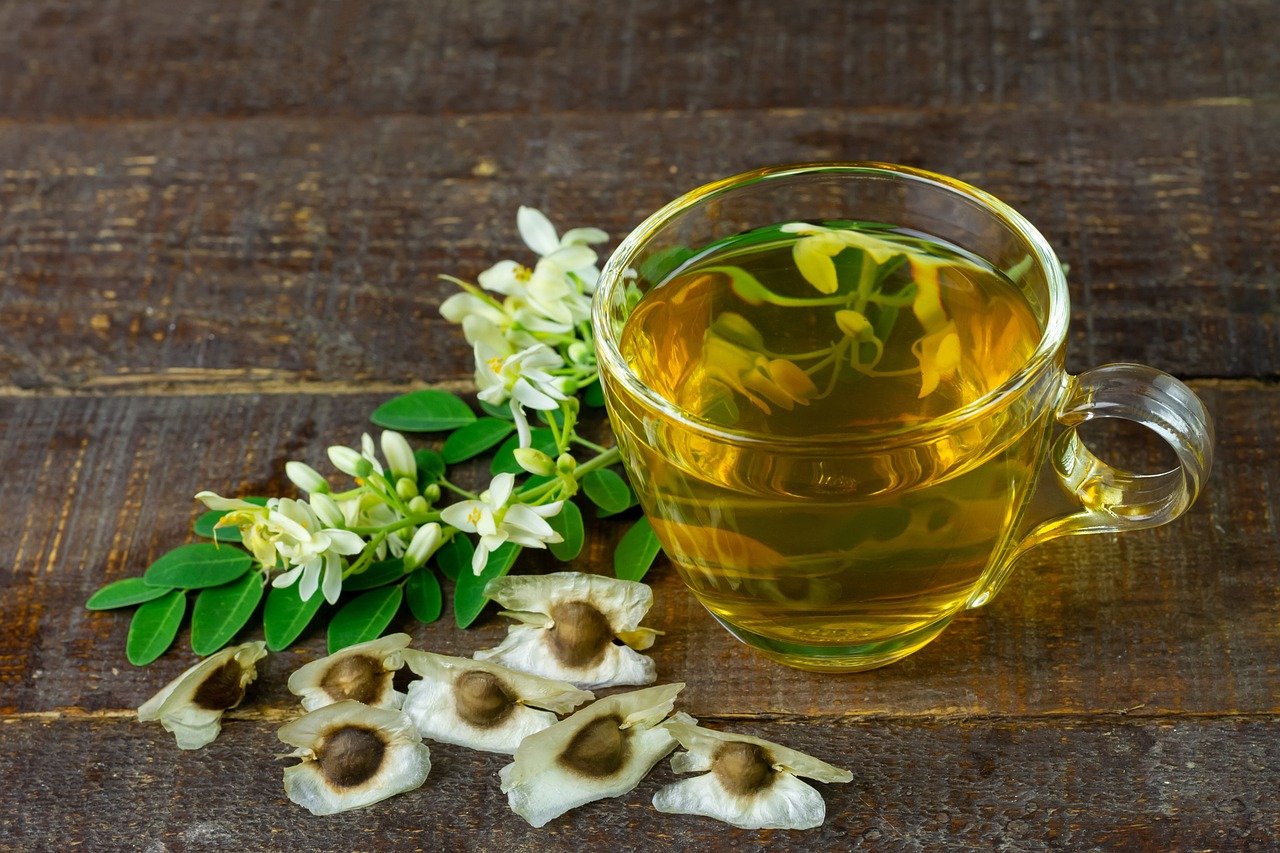Have you ever wondered about the impact of natural supplements on hormone levels in your body? Specifically, have you considered how Moringa might affect estrogen levels?
What is Moringa?
Moringa, sometimes called the “drumstick tree” or “miracle tree,” is a plant native to various regions of Africa and Asia. It’s packed with nutrients, such as vitamins A, C, and E, as well as calcium, iron, and protein. Traditionally, Moringa leaves have been used in herbal medicine for their supposed health benefits.
As more people look into natural remedies, Moringa has gained attention for its potential effects on various bodily functions, including hormone levels. It’s important to understand not just what Moringa is, but how it interacts with your body.

Moringa and Hormones
Hormones, like estrogen, play a crucial role in regulating many bodily functions. They influence everything from mood to metabolic rates and even reproductive health. You might be interested in how Moringa fits into the conversation about hormonal balance.
The Role of Estrogen
Estrogen is a group of hormones that are key players in your body’s reproductive system. It’s primarily produced in the ovaries, but also in fat tissue and the adrenal glands. In addition to its role in reproduction, estrogen affects your bones, skin, and various metabolic processes.
There are different types of estrogen, including estrone (E1), estradiol (E2), and estriol (E3), each serving different functions within the body. Understanding how Moringa could potentially influence these hormones is crucial if you’re thinking about using it as a supplement.
How Moringa is Said to Affect Estrogen Levels
A growing body of research suggests Moringa may have phytoestrogenic properties, which means it contains plant compounds that could mimic estrogen. These compounds could potentially bind to estrogen receptors in your body, influencing various bodily functions, including hormonal balance. However, the evidence remains a bit mixed, and it’s essential to examine both sides of the discussion.

The Science Behind Moringa and Estrogen
Let’s dig a bit deeper into the scientific studies exploring the relationship between Moringa and estrogen levels.
Research Findings
Several studies on Moringa have reported varying effects on estrogen. For instance:
-
Animal Studies: Research on female rats showed that Moringa leaf extracts increased estrogen levels. Higher doses of Moringa resulted in an increase in uterine weight, which can be an indication of elevated estrogen activity.
-
Human Studies: The research on humans is more limited, but some anecdotal evidence suggests that people consuming Moringa report changes in menstrual cycles, potentially indicating an effect on estrogen. However, these observations require more rigorous scientific validation.
Potential Mechanisms
To understand how Moringa might affect hormone levels, let’s discuss some potential mechanisms:
-
Rich Nutrient Profile: Moringa contains vitamins and minerals, including magnesium and zinc, which play roles in hormone production. A well-nourished body is generally better at maintaining hormonal balance.
-
Antioxidant Properties: Moringa is high in antioxidants, which can help reduce oxidative stress. Some research suggests that oxidative stress can lead to hormonal imbalances, indicating that Moringa’s antioxidant properties could support overall hormonal health.
-
Adaptogenic Qualities: Moringa is considered an adaptogen, meaning it may help the body adapt to stress, and stress can often disrupt hormonal balance. Maintaining a stable stress level could support optimal estrogen levels.
Limitations of the Research
While it’s tempting to lean into the promising results from preliminary studies, you should also be aware of the limitations:
-
Human Studies Are Limited: Most studies examining Moringa’s effects on estrogen are animal-based, which may not translate perfectly to human biology.
-
Variability in Responses: Individual responses to Moringa can vary based on factors like genetics, diet, and overall health. This means that what works for one person may not work for another.
-
Lack of Long-term Studies: More long-term studies are needed to understand the sustained impact of Moringa on estrogen levels fully.

Should You Consider Moringa?
If you’re contemplating adding Moringa to your routine, it’s worth considering how it fits into your overall health strategy. Here are a few points to keep in mind:
Health Benefits of Moringa
In addition to potentially influencing estrogen levels, Moringa has numerous health benefits that might be appealing to you:
-
Nutrient Density: Moringa is a powerhouse of nutrients. A single serving can provide you with a significant portion of your daily vitamins and minerals.
-
Anti-Inflammatory Properties: It contains isothiocyanates, known for their anti-inflammatory properties, which could benefit overall health.
-
Blood Sugar Management: Preliminary research suggests Moringa may help lower blood sugar levels, which can be essential for maintaining stability in the body.
Consider Your Unique Health Needs
Before you incorporate Moringa into your routine, think about your specific health needs:
-
Hormonal Balance: If you’re dealing with hormonal imbalances or related symptoms, you may want to consult with a healthcare professional who can provide tailored advice.
-
Dietary Considerations: If you already consume a balanced diet rich in phytoestrogens (found in foods like soy, flaxseeds, and lentils), Moringa might offer additional benefits, but moderation is key.
-
Existing Health Conditions: If you have existing health concerns or are on medication, it’s essential to discuss with your doctor how Moringa might interact with your current health plan.
Methods of Consumption
If you decide to give Moringa a try, consider how you can incorporate it into your diet:
-
Powdered Form: Moringa powder can easily be added to smoothies, soups, or sauces. This is one of the most popular ways people consume Moringa.
-
Tea or Infusion: Moringa leaves can be brewed into tea, providing a soothing way to enjoy its benefits.
-
Capsules or Tablets: If you prefer a more straightforward approach, Moringa is available in supplement form, making it easy to incorporate into your daily routine.

Monitoring Effects
Should you choose to take Moringa, it’s wise to monitor how you feel over time:
-
Hormonal Symptoms: Keep track of any changes in menstrual cycles, mood, or other hormonal symptoms. Note both positive and negative experiences.
-
Consult Your Doctor: If you experience significant changes or side effects, consult a healthcare professional.

The Bottom Line
So, does Moringa increase estrogen levels? The evidence is not definitive. While some research indicates that Moringa may have estrogenic effects, particularly in animal studies, more human studies are necessary to draw conclusive results.
As with any supplement, it’s essential to approach Moringa with a sense of caution, especially concerning hormone levels. Your health is unique, and what works for someone else may not work for you. If you’re considering making changes, having a conversation with a healthcare provider can provide guidance tailored to your individual needs.
By combining Moringa with a healthy lifestyle—including a balanced diet, regular exercise, and stress management—you might find a holistic approach to your hormonal health. Just remember to take small steps and give yourself time to adjust.
After all, taking care of your body is a journey, and every bit of information helps you move towards greater health!


